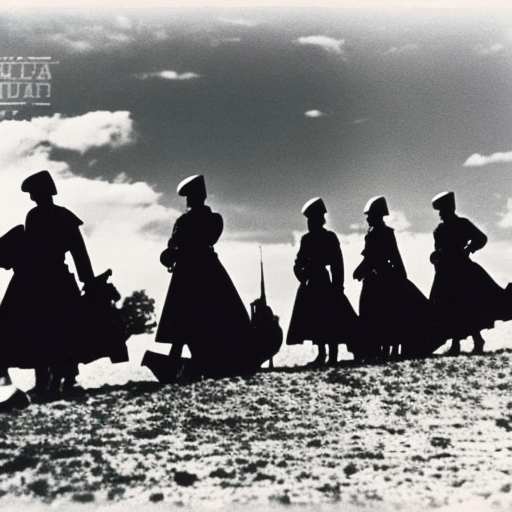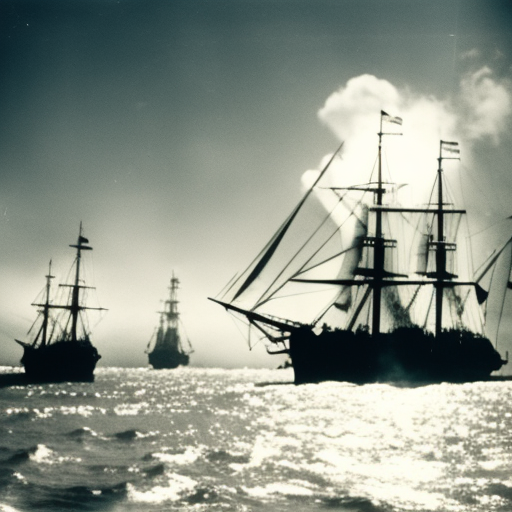Russo-Turkish War: A Clash of Empires
The Russo-Turkish War was a conflict that took place between the Russian Empire and the Ottoman Empire from 1877 to 1878. It was a significant event in the history of both empires and had far-reaching consequences for the region.
Causes of the War
The war was primarily sparked by the desire of the Russian Empire to expand its influence in the Balkans and protect the rights of Orthodox Christians living under Ottoman rule. The Ottoman Empire, on the other hand, sought to maintain its control over the region and resist Russian encroachment.
Course of the War
The war began in April 1877 when Russia declared war on the Ottoman Empire. The Russian forces, led by General Mikhail Skobelev, launched a series of offensives in the Balkans. They achieved several victories, including the capture of the strategic fortress of Pleven and the key city of Sofia.
However, the Russian advance was not without challenges. The Ottoman Empire, with the support of its allies, put up a fierce resistance. The Siege of Plevna, in particular, was a major turning point in the war. The Ottoman forces, led by General Osman Pasha, held off the Russian attacks for several months before finally surrendering in December 1877.
Treaty of San Stefano
Following the fall of Plevna, the Russian Empire gained the upper hand in the war. In March 1878, the two empires signed the Treaty of San Stefano, which ended the conflict. According to the treaty, the Ottoman Empire recognized the independence of several Balkan states, including Serbia, Montenegro, and Romania. Bulgaria was also granted autonomy, albeit under Russian influence.
The treaty greatly expanded Russian influence in the region and alarmed other European powers, particularly Britain and Austria-Hungary. They feared that the Russian Empire would become too dominant in the Balkans, upsetting the delicate balance of power in Europe.
The Congress of Berlin
In response to the Treaty of San Stefano, the European powers convened the Congress of Berlin in June 1878. The congress aimed to revise the terms of the treaty and ensure a more equitable distribution of power in the region.
Under the guidance of German Chancellor Otto von Bismarck, the congress made significant changes to the treaty. Bulgaria was divided into three parts, with the largest portion becoming an autonomous principality under Ottoman suzerainty. Austria-Hungary was granted control over Bosnia and Herzegovina, while Britain gained control over Cyprus.
The Congress of Berlin effectively limited Russian influence in the Balkans and prevented the complete disintegration of the Ottoman Empire. However, it also sowed the seeds of future conflicts and tensions in the region.
Consequences
The Russo-Turkish War had significant consequences for both empires and the wider region. For the Russian Empire, it marked a major expansion of its influence in the Balkans and increased its status as a great power. However, the war also strained the Russian economy and contributed to social unrest.
For the Ottoman Empire, the war exposed its military weaknesses and accelerated its decline. The loss of territory and influence in the Balkans weakened the empire and set the stage for further territorial losses in the years to come.
The war also had a profound impact on the Balkans. The newly independent states, particularly Serbia and Bulgaria, saw the war as a stepping stone towards further territorial expansion. This would eventually lead to the Balkan Wars of 1912-1913 and the disintegration of the Ottoman Empire.
In conclusion, the Russo-Turkish War was a significant conflict that reshaped the balance of power in the Balkans and had far-reaching consequences for the Russian and Ottoman Empires. The war highlighted the tensions between the two empires and set the stage for future conflicts in the region.












